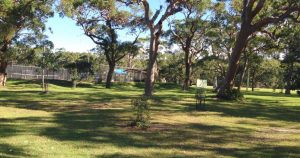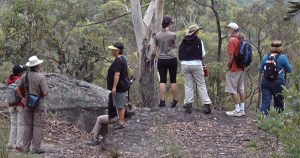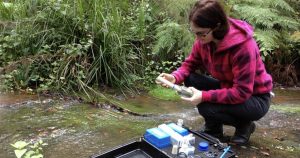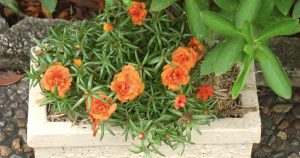AT WARRAH BIODYNAMIC FARM THIS MONTH, we have done our final preparations for spring and summer, and we are now putting the warm season crops in. These include capsicum, tomato, eggplant, zucchini, cucumber, silver beet, pumpkin, squash, kale, beetroot, salad mix, strawberries, basil and parsley. We have had some much-needed rain, although the forecast is for a dry spring. We have also tussled with the recent heavy winds, and thankfully escaped any crop damage.
We are seeing the clear signs of spring now, with flowers starting to bloom, the strawberry patch about to explode and baby birds wandering with mum and dad and being taught all their new skills for survival. The Australian wood duck chicks do not bring our farmers as much pleasure as you might expect! They are actually one of the biggest pests on an organic farm. We mitigate the harm they cause by placing netting over the tender leaves the ducks love to graze on.
Another important strategy in organic and biodynamic farming is planting flower crops to attract beneficial pollinators. Pollinators – those precious creatures that transfer genetic material between plants to enable reproduction – are under threat global. It is probably obvious that organic farms are better for beneficial insects because of the absence of artificial pesticides from our processes. However, there is an additional element incorporated into the organic farming model. That is, the planting of sufficient and stable flower crops. Studies show that organic farming has a consistent and stabilising effect on the diversity of pollinator populations. So next time you enjoy the colourful display when you make the drive up to the Farm Shop at Warrah, consider that the flowers are much more than simply ornamental








